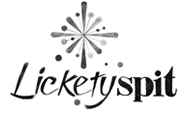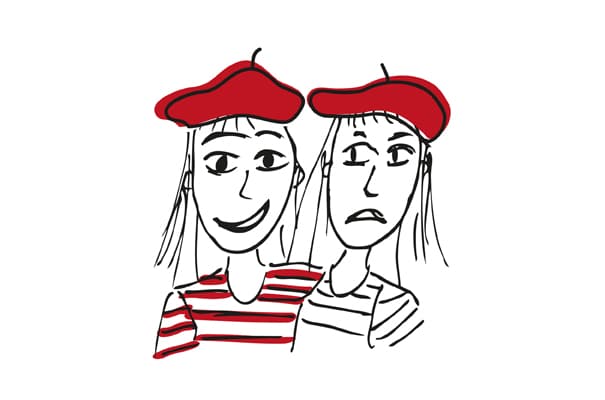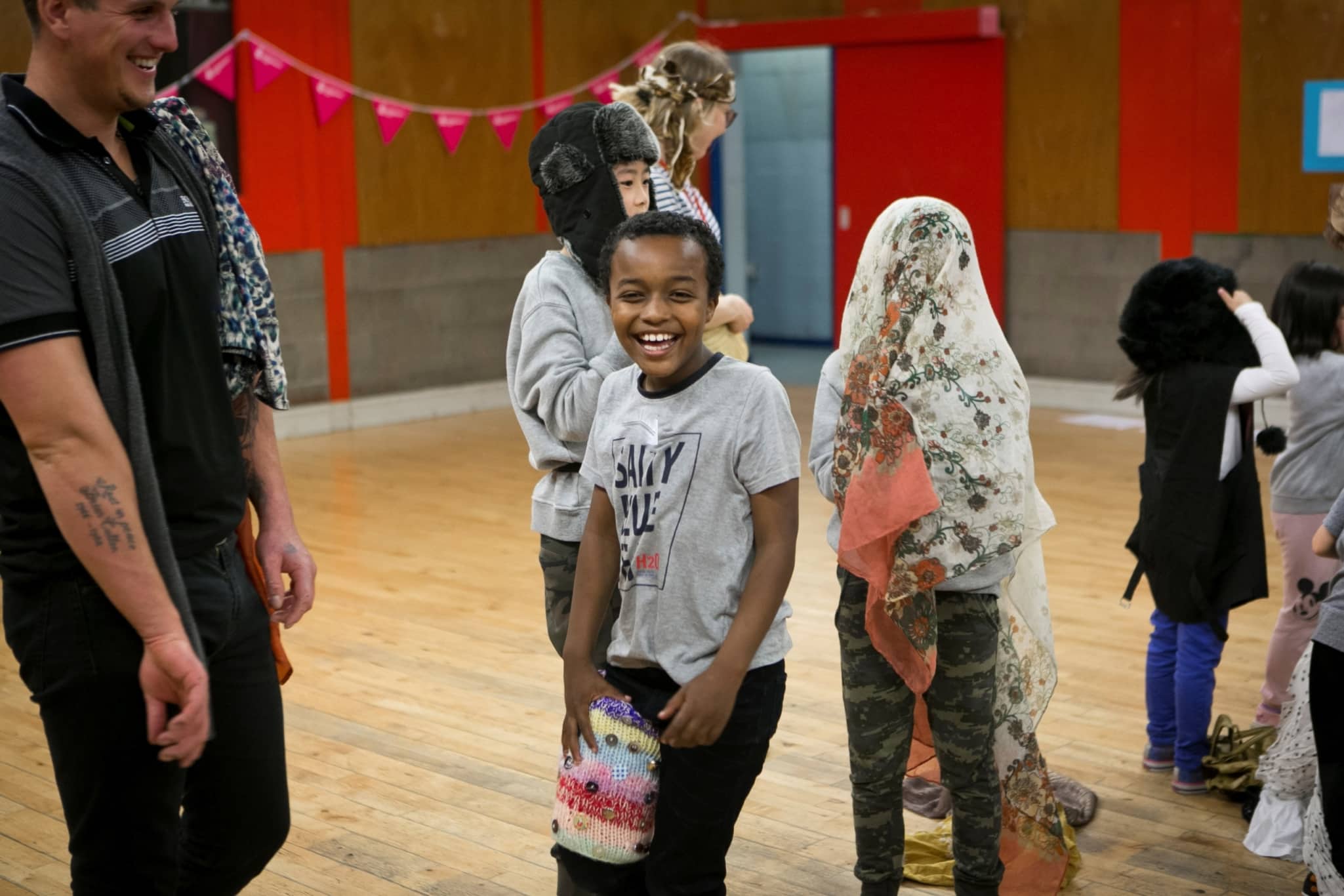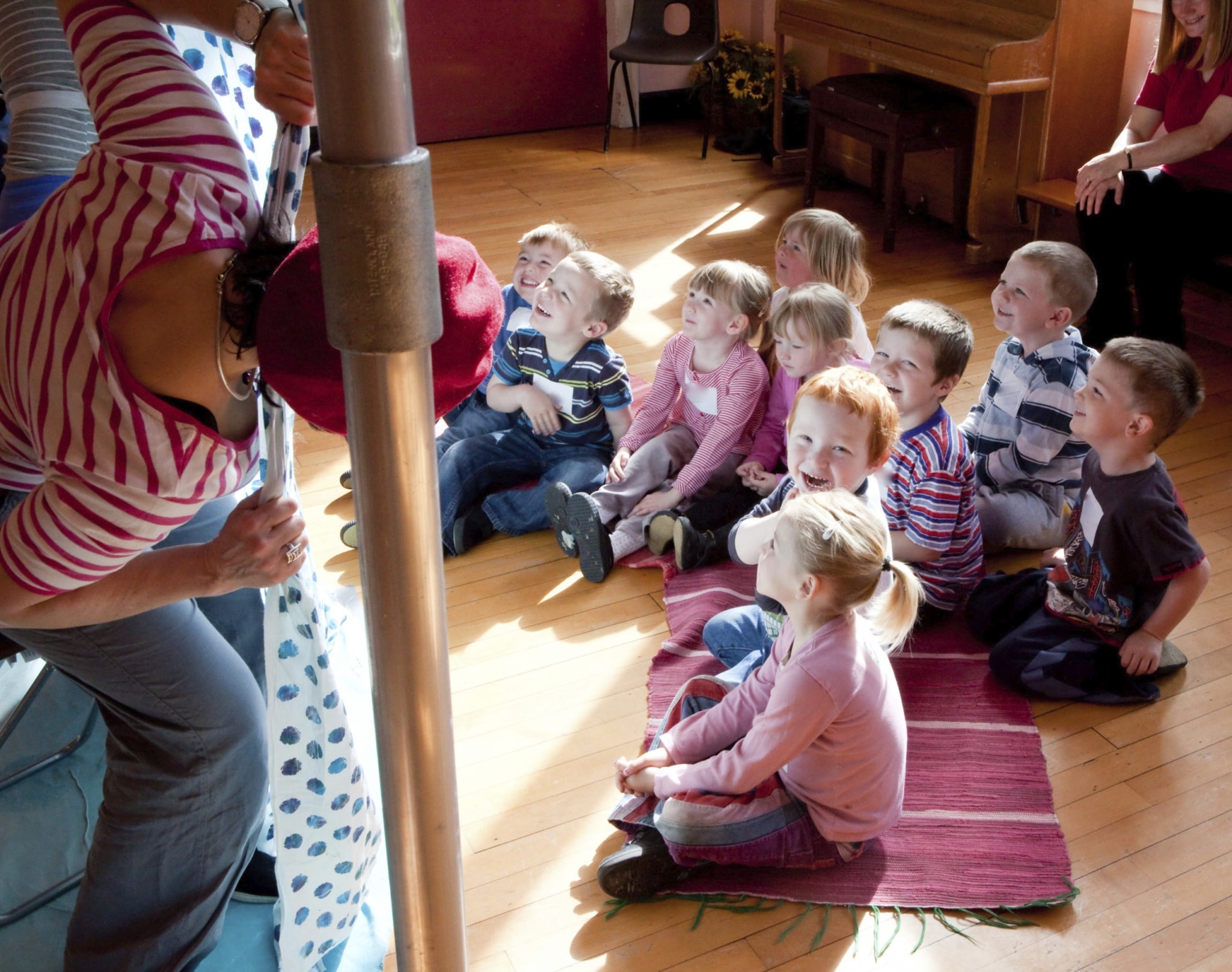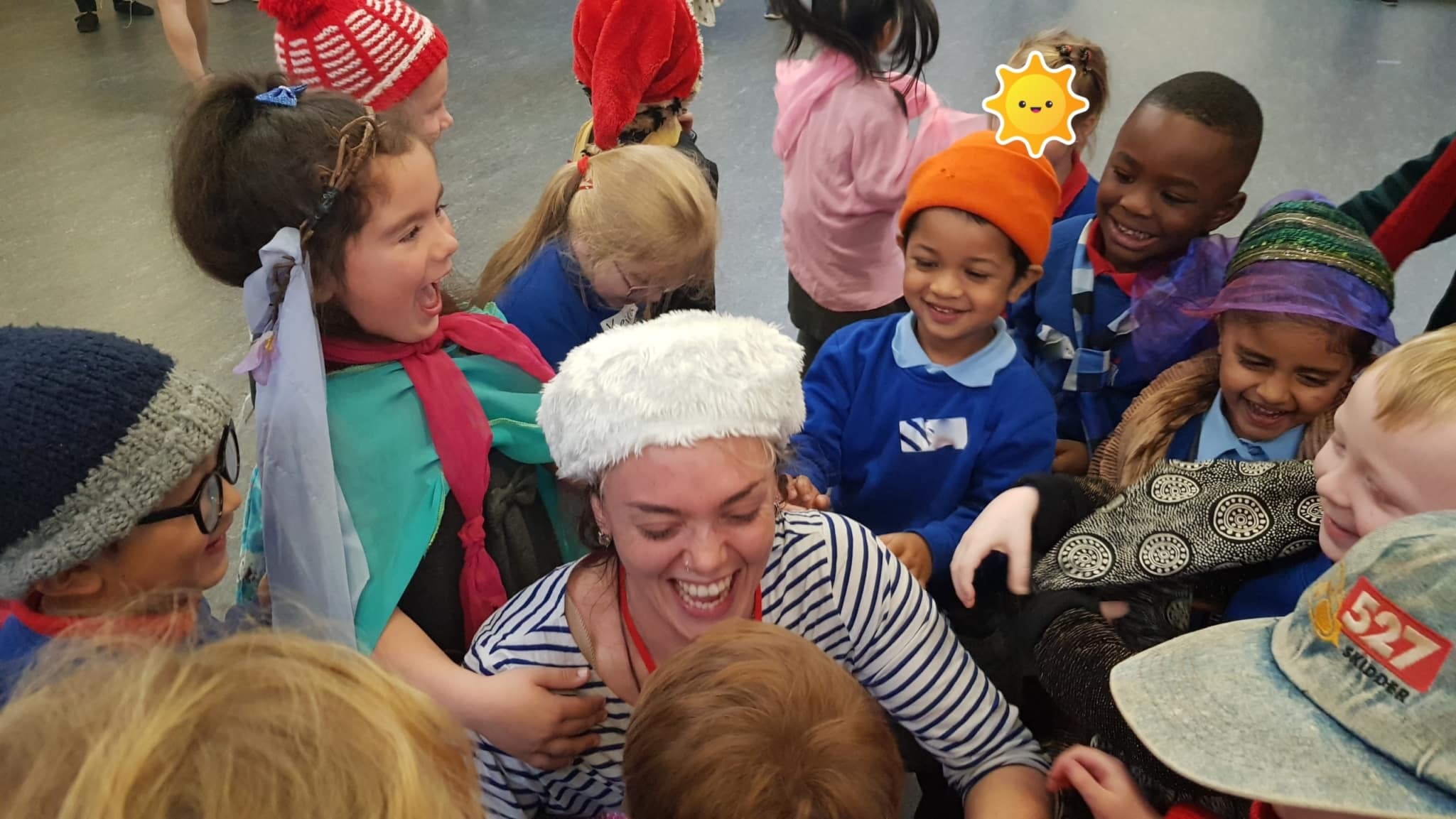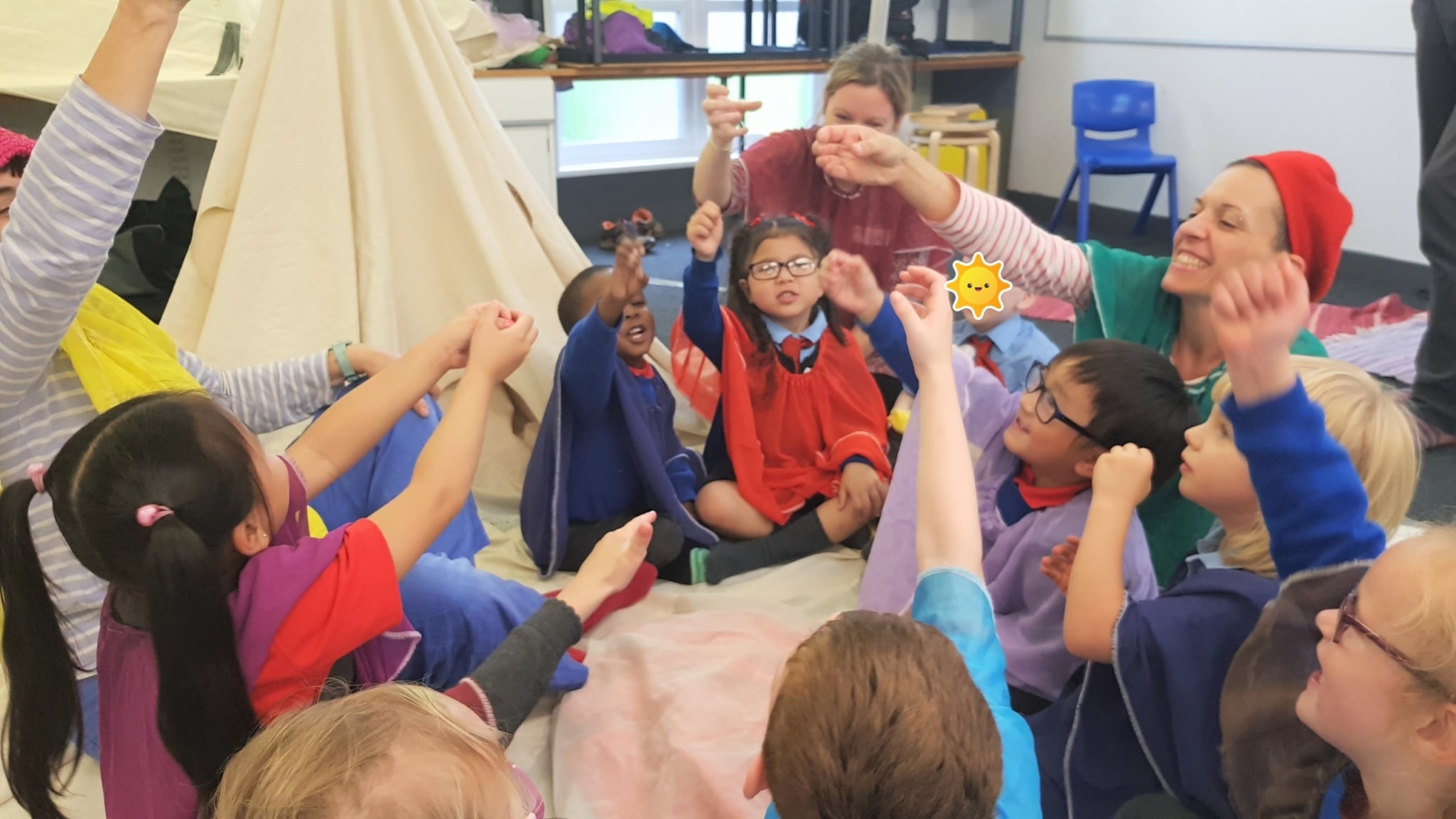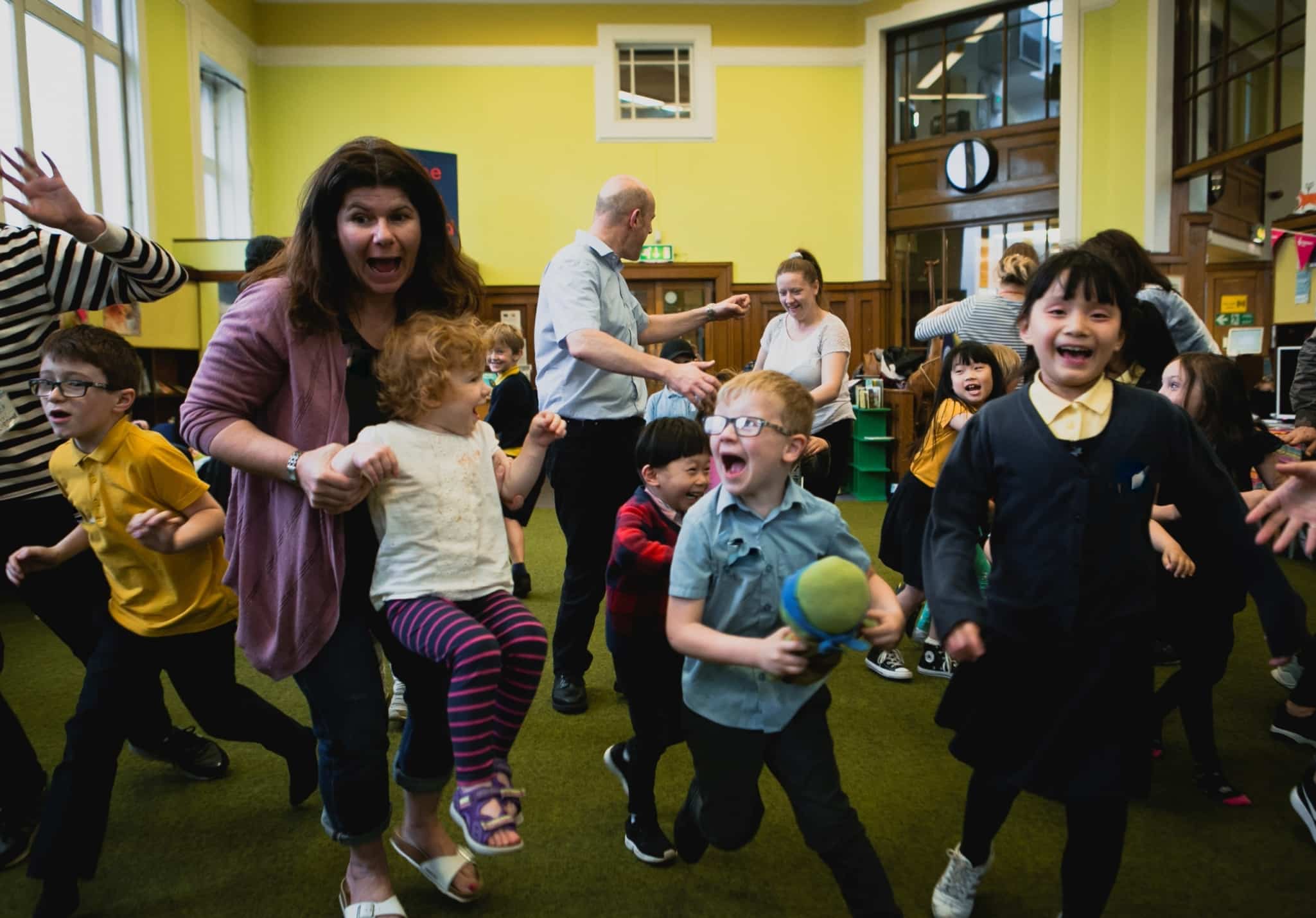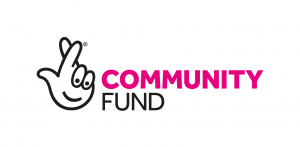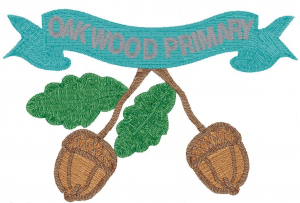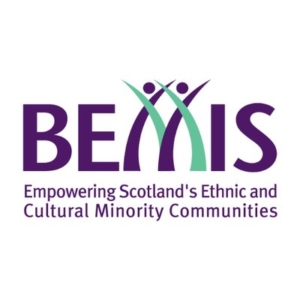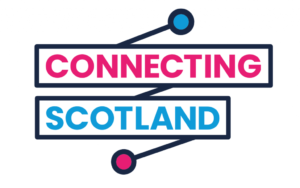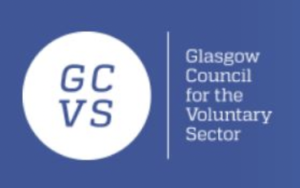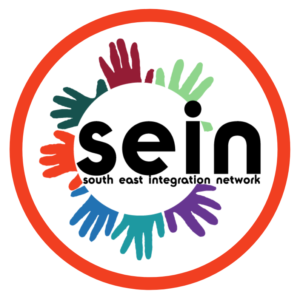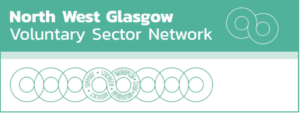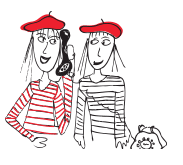Emotional Literacy & Growth Mindset
How Licketyspit’s work supports Emotional Literacy and a ‘Growth Mindset’
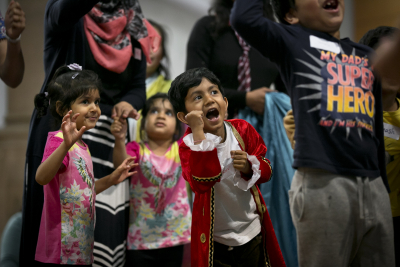 Licketyspit’s drama-led imaginary play, storytelling, songs and rhymes provide an alternative learning style to traditional educational models. Our non-judgemental, inclusive and supportive approach, alongside our repertoire of games, which have no ‘winners’ or ‘losers’, unlocks children’s capacity to learn and grow in our drama-led activities.
Licketyspit’s drama-led imaginary play, storytelling, songs and rhymes provide an alternative learning style to traditional educational models. Our non-judgemental, inclusive and supportive approach, alongside our repertoire of games, which have no ‘winners’ or ‘losers’, unlocks children’s capacity to learn and grow in our drama-led activities.
Our projects value the process over the end product or performance, a process in which no answer is wrong and every idea is of equal value. Our work also provides regular opportunities for reflection and evaluation, by and with children, promoting self-awareness and self-confidence, which supports the development of emotional literacy and a ‘growth mindset’.
Teachers evaluate the impact of Licketyspit’s work on emotional literacy as one of our key areas of evaluation (alongside confidence, social skills and use of knowledge and language). Our work has been proven to have a significant and consistent positive impact on emotional literacy in evaluated children.
Case Study
In one of our Storyplay Schools, we worked with 9 year-old B. We had worked with B’s class the previous term, but B was a new face. The Primary 5 class teacher told Licketyspit that B was a pupil at the school (and had been since Primary 1) but was working on a reduced time table of two morning per week as anything in excess of that was too overwhelming for her.
B had never been allowed to participate in any outside activity before, but the class teacher, alongside the school’s headteacher, decided that they would try B working with Licketyspit.
B settled straight into the session and was fully participating in all of the games. Her class members were open and inclusive, and this let B play freely and become her best creative self. B had to leave school after the session was finished as her half day was complete, but when she returned to school the next week, the first thing she wanted to do was create her Granny character, from the LicketyPlay session. The games were a way into creative writing for B, who didn’t even stop to think about what she was doing – all she wanted to do was play more with the idea she had come up with the week before.
Class Teacher, discussing B doing the creative task after the session with Licketyspit:
“B has never been able to work in a group before, today was the first time she has been able to. There were lots more ideas [than went onto the page.] I couldn’t believe it, thank you so much.”
Many of the children within Glasgow’s areas of high deprivation require support with emotional literacy. Licketyspit Theatre Company has the ability to significantly address this issue through drama using highly skilled staff.
“I am so delighted to see that Becky engaged in a session like this, and to see that she has taken it back into the classroom. I was watching [from my office] as they played the monster’s game and even though she is much smaller than the others, she was right in on the action. If you were to look at adverse childhood experiences (ACES) she has experienced them all. A couple of years ago she would have refused to join in with something like this… I’m excited to see where this collaboration goes for her.”
Background on Emotional Literacy & Growth Mindset
Emotional Literacy is the term used to describe the ability to understand, manage and express our own feelings, as well as recognising those of others and adapting to accommodate them. It is important when developing relationships at any stage of life, but is particularly relevant in the early years, when communication and social interaction influence children’s ability to work in groups and sustain healthy relationships, which has an important impact their emotional and cognitive development. Developing a healthy emotional literacy can boost learning and support children to fulfil their potential.
‘Growth Mindset’ & ‘Fixed Mindset’ are terms used by psychologist Dr Carol Dweck to describe the underlying beliefs people have about their own learning. A ‘Growth Mindset’ means we are more flexible in learning situations and see the opportunities for further learning, when a desired outcome is not achieved. This is in contrast to a ‘Fixed Mindset’, which is centred around ideas of failure and success. Click here to learn more.
